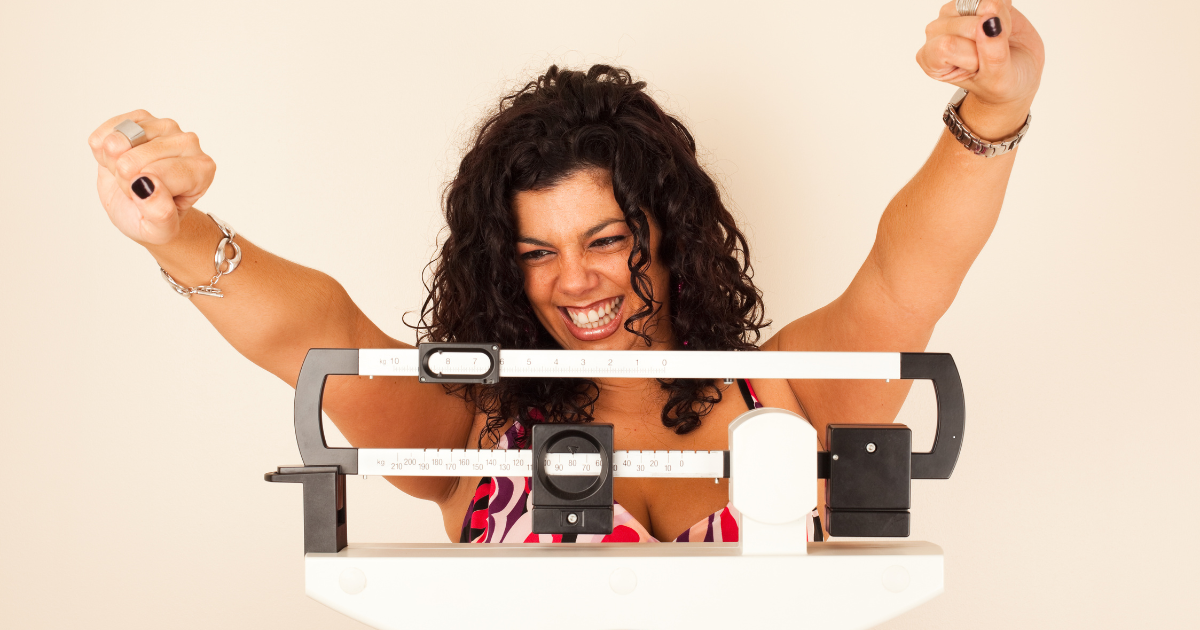Struggling to lose weight? Does the thought of starting another diet fill you with dread? If you’ve tried countless plans and still aren’t where you want to be, you’re not alone. The good news? You don’t need to suffer through extreme diets or exhausting routines to see results. Let’s look at my top three tips to make weight loss easier, more sustainable, and less stressful.
1. Break It Down: Small, Achievable Goals
One of the most effective ways to stay motivated is by setting short-term, manageable goals. Instead of focusing on how much weight you want to lose overall, break your journey into 4-week blocks. This approach allows you to build momentum and celebrate wins along the way.
Here’s how to get started:
- Set realistic targets for the next four weeks.
- Choose goals that are simple and actionable. For example:
- Exercise: Commit to two runs a week and three strength workouts of 30-40 minutes.
- Food tracking: Log your meals in MyFitnessPal or keep a food diary to become more aware of your eating habits.
- Avoid overcommitting. It’s better to start small and build a consistent routine than to go too hard and burn out.
By focusing on just a few habits at a time, you’ll feel more in control and confident. Success is about progress, not perfection.
2. Avoid Going Hardcore Straight Away
Many people make the mistake of diving into strict diets or intense workout routines from day one. This can backfire if you’re prone to binge eating or struggle with consistency. A rigid approach might feel motivating at first, but it often leads to frustration and quitting when things get too tough.
Instead, ask yourself:
- What’s one small change I can make this week?
- How can I improve just one meal a day or add in two short exercise sessions?
Start with small tweaks and layer on additional changes each week. For example:
- Swap sugary drinks for water.
- Add a daily 10-minute walk.
- Cook dinner at home instead of ordering takeaway.
These minor improvements add up quickly, creating healthier habits without the overwhelm. Soon, your lifestyle will be transformed, and you’ll feel great about your progress—without the stress of an all-or-nothing mindset.
3. Focus on What You Can Do
It’s easy to fall into the trap of negative thinking:
- “I can’t find time to exercise.”
- “I don’t like eating vegetables.”
- “I have bad knees, so I can’t run.”
Instead of dwelling on what’s holding you back, shift your mindset to what you can do. Ask yourself:
- What exercises are accessible and enjoyable for me?
- If running isn’t an option, try swimming, cycling, or walking.
- How can I prepare healthy meals I actually enjoy?
- Experiment with different recipes until you find ones that suit your tastes.
- Where can I realistically fit exercise into my schedule?
- Identify small gaps in your day—whether it’s a 15-minute walk before breakfast or a quick home workout in the evening.
The more solutions you find, the more confident and empowered you’ll feel. Focusing on possibilities rather than limitations creates a positive feedback loop of success.
Mindset Is Key
Ultimately, the biggest factor in making lasting changes is your mindset. If losing weight and improving your health truly matter to you, you’ll find ways to prioritise them. But if you keep telling yourself it’s too hard, nothing will change.
Start by making things easier:
- Set small, achievable goals.
- Build habits gradually.
- Stay focused on what you can do.
Most importantly, remember that every positive step counts. Be kind to yourself, enjoy the process, and keep moving forward—you’ve got this!





